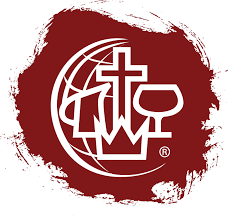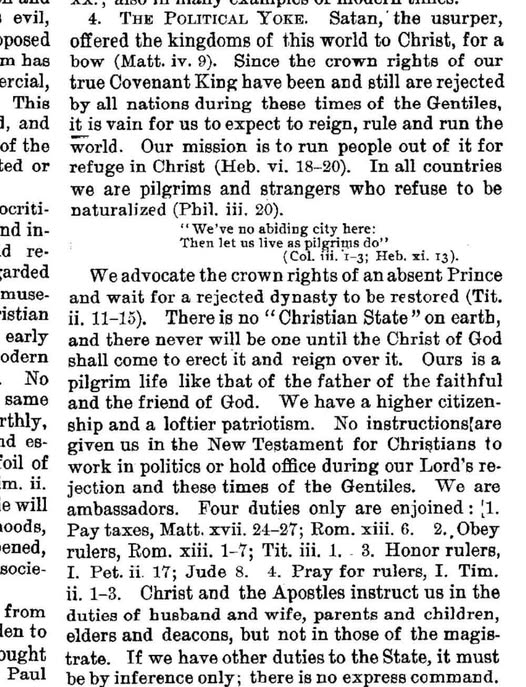The Christian & Missionary Alliance
DENOMINATIONS
The Christian and Missionary Alliance is an evangelical Protestant denomination founded by Dr. Albert Benjamin Simpson, a Canadian Presbyterian minister. Its origins trace back to 1887 in New York City, where Simpson, driven by a profound concern for the unchurched urban masses and the unevangelized peoples of the world, established two distinct organizations: The Christian Alliance, which focused on promoting a "deeper Christian life" at home, and The Evangelical Missionary Alliance, which was dedicated to foreign missions. These two societies merged in 1897 to form the C&MA.
Central to the C&MA's beliefs is the "Fourfold Gospel," a distinctive theological framework that emphasizes the comprehensive ministry of Jesus Christ. This doctrine presents Jesus in four key roles:
Savior: He provides forgiveness for sin through his death and resurrection.
Sanctifier: He empowers believers for holiness and service through the Holy Spirit.
Healer: He offers divine healing for the body and spirit.
Coming King: He will return to earth to establish his kingdom.
This Christ-centered theology is the foundation of the C&MA's identity. From its inception, the denomination has been defined by its unwavering commitment to global missions. While the Christian and Missionary Alliance does not have a formal political theology, as its primary focus is evangelism and global missions, it does have several expressions of political theology from prominent pastors. Historically, the C&MA has prioritized individual conversion and spiritual growth over direct political action. While encouraging civic responsibility, its eschatology, particularly the belief in Christ as the "Coming King," often fosters a focus on eternal matters rather than temporal political structures. In recent years, the C&MA has addressed social issues like racial justice and immigration, framing them as biblical mandates to love one's neighbor.
The passage pasted below, from the 1894 Alliance Weekly magazine (now called Alliance Life) sets out a separationist standpoint. Despite the mostly Separation-oriented language like this, he early Alliance was very transformational in its work, as "the social welfare impact of his movement was both enormous and magnificent"
AW Tozer spoke on "Christian Subjection to Good Government" in 1958. Tozer is considered by most to be the second most important figure in Alliance history after Simpson. He continued in the tradition of leaning toward separation, writing "Now, it is the Christian sacred duty to be obedient to the state, to the authorities over him. And it is his sacred duty, if those laws are evil, it is his sacred duty to break them and take the consequences. It is the sacred duty of all Christians to obey God first and man second. And when, as I pointed out before, when the instructions of God and the laws of men run parallel to each other, and they mostly do in law, then it’s the business of the Christian to obey the law, even if it costs him something."
The Alliance has statements on matters of sexuality and the sanctity of life but has not had resolutions concerning national politics. It is a part of the National Association of Evangelicals, which has lobbying work.



